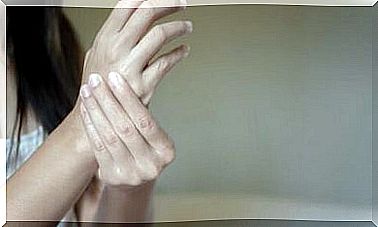When The Shadow Of Terrorism Leads Us To Helplessness
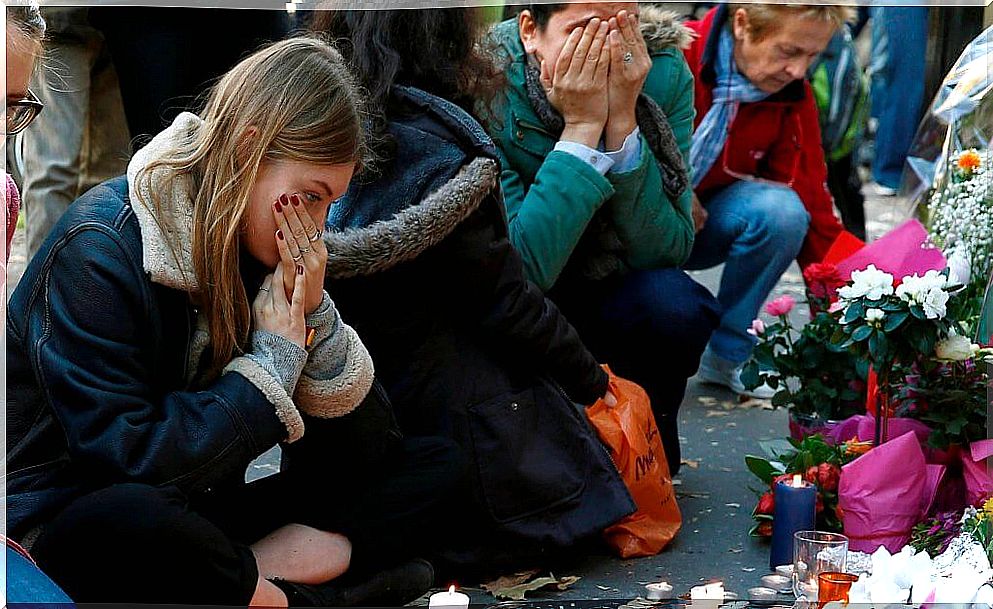
It is often said that there is no greater lack of freedom than the insecurity that fear gives rise to. Terrorism and the attacks we have experienced have not only affected the victims themselves; the emotional and psychological effects of the shadow of terrorism affect us all.
Terrorism is now something that has also reached us. The victims are no longer just in the Middle East. When it only happened in the Middle East, not much thought was given to the events, but that has changed now because terrorism also affects us.
Terrorism has represented a growing global threat affecting us all. A threat that also has its own effect. Among these effects, we have a noticeable lack of security as well as a lack of understanding regarding what future attacks may entail.
These attacks are unpredictable, which leads us to live with fear, and many times people also begin to distrust their own institutions. We have to face new emotional and psychological demands, and we have to learn how to confront them.
It is often said that the world was never the same again after the 9/11 attacks in the United States. Many felt that our societies had been hit by a crisis because of the fear that had befallen us. This fear also led to the introduction of more control functions. Some power structures were strengthened and all worked with one goal in mind – security.
We must be aware that security, in fact, means a lack of fear. It is also a human right that the physical and mental rights of every person must be defended and protected. When this does not happen, we lose our sense of control and our social and personal development is limited.
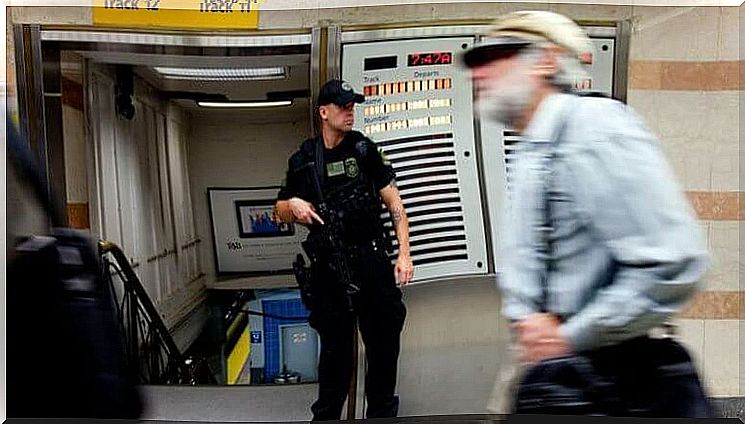
The effect of terror and helplessness
According to a study conducted at Valencia International University, there are two phenomena that explain how the shadow of terrorism affects us:
- There is first and foremost a domino effect that creates several “expansive circles” after the actual destruction. The first wave affects the victims themselves and their families. The second wave affects society, the city or the entire territory. This emotional impact is so strong that it ends up developing a feeling of fear and helplessness when it comes to future attacks.
- Infection effect. This effect occurs not only when one has had contact with a direct victim of terrorism, but also when the media and institutions intensify fear and insecurity even more.
There is thus a domino effect without us experiencing it. First, we are shocked by the attacks. TV channels, social networks and the conversations we have with others will then increase this feeling of helplessness, and it can also limit our quality of life and our behavior. We stop traveling and distrust certain cultural groups.
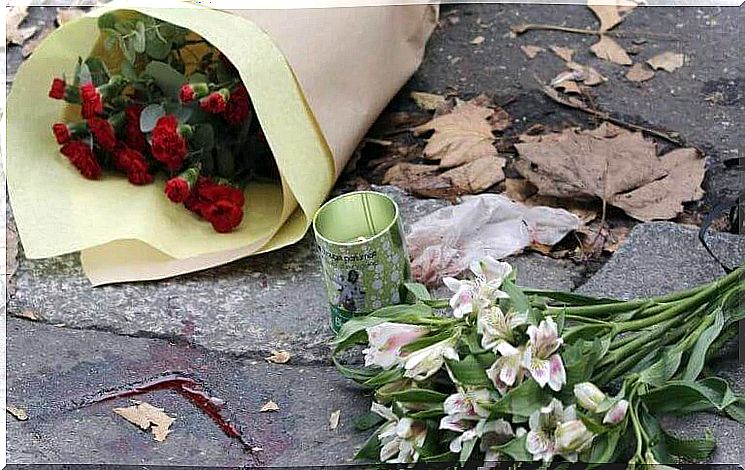
There is an interesting article that was published in the journal “Psychology today”. In this it is explained that terrorism has won when each of us performs all these behaviors:
- We stop traveling or cancel our trips.
- We are scared all the time during the day and we fear that we will be attacked.
- We distrust our own institutions.
- We feel the need to move our enemies to a safer place.
The psychologist Ordoñes Dïaz tells in an article that the goal of the terrorist attacks is above all to create a psychological effect that has a great social impact.
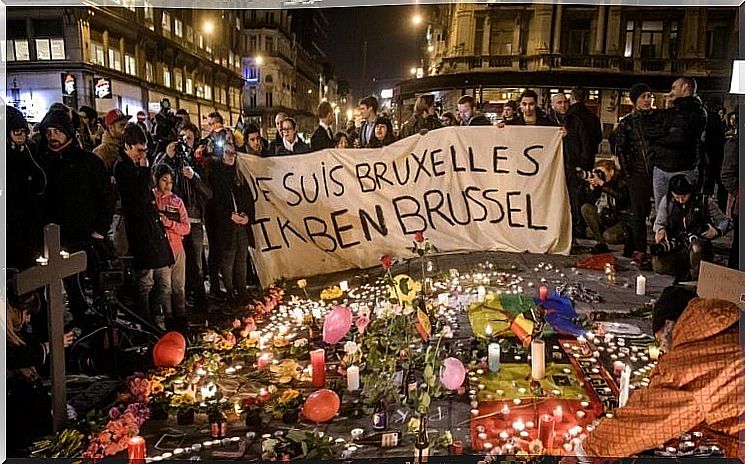
We may not be able to put an end to these types of mishaps that arise due to the shadow of terrorism. The political situation and dark motives in relation to geostrategy and weapons make us feel like puppets.
But to deal with this anxiety, one must avoid the fear taking over. Something as simple as letting ourselves have a normal life and relating to and respecting other people can keep us calm and balanced. Appreciating human values can also be helped.
We would therefore like to end this article with a reflection. Think of what the famous philosopher Fernando Savater said: “The most important thing, intellectually speaking, is not to understand the motives of the terrorists, but to fight them without resorting to their weapons”.



